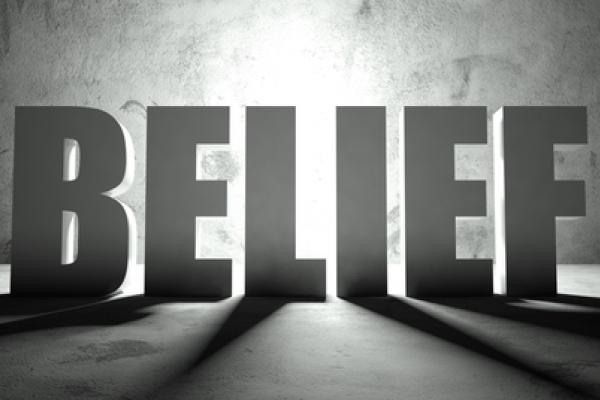There are lots of biases and assumptions about Christians out there, many of which are founded in real-life experience. And yes, we Christians have done our share of damage when it comes to tarnishing our so-called “brand.” But there also seems to be this tendency to understand Christianity and its adherents as one generally monolithic group that can be described in simple (often negative) terms that they would never be acceptable to apply to any other group.
Part of this is because of the historic dominance of the Christian culture in the modern Western world. It’s the same reason that stereotypes of men on network sitcoms are pervasively unflattering, while the same stereotypes would cause a firestorm of negative publicity if applied to the female counterparts. Some of this is entirely warranted and necessary in tearing down false or damaging constructs of power. But sometimes, if we’re being honest, they’re just wrong. And stupid.
Read the Full Article

